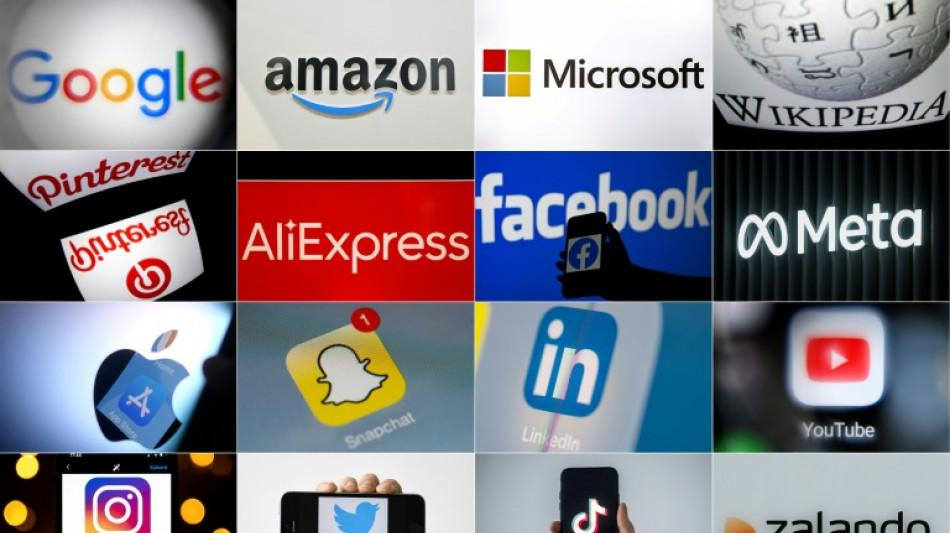
-
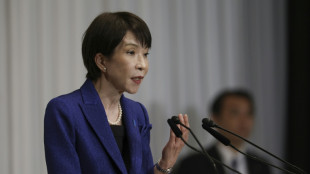 Japan election results confirm super-majority for Takaichi's party
Japan election results confirm super-majority for Takaichi's party
-
Unions rip American Airlines CEO on performance

-
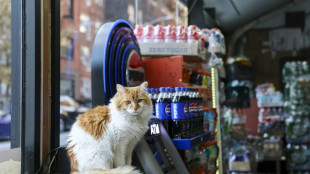 New York seeks rights for beloved but illegal 'bodega cats'
New York seeks rights for beloved but illegal 'bodega cats'
-
Blades of fury: Japan protests over 'rough' Olympic podium
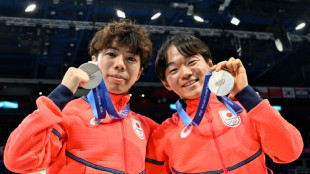
-
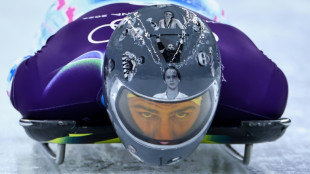 Zelensky defends Ukrainian athlete's helmet at Games after IOC ban
Zelensky defends Ukrainian athlete's helmet at Games after IOC ban
-
Jury told that Meta, Google 'engineered addiction' at landmark US trial
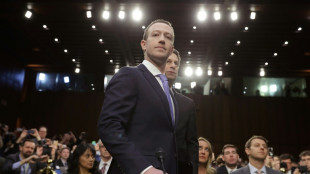
-
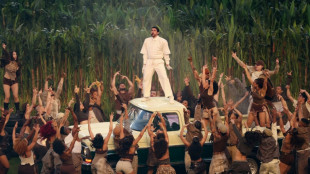 Despite Trump, Bad Bunny reflects importance of Latinos in US politics
Despite Trump, Bad Bunny reflects importance of Latinos in US politics
-
Epstein accomplice Maxwell seeks clemency from Trump before testimony
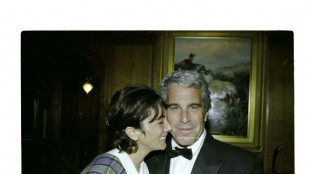
-
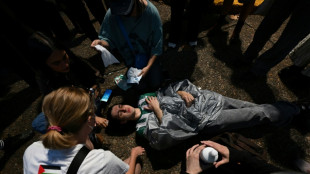 Australian PM 'devastated' by violence at rally against Israel president's visit
Australian PM 'devastated' by violence at rally against Israel president's visit
-
Vonn says suffered complex leg break in Olympics crash, has 'no regrets'
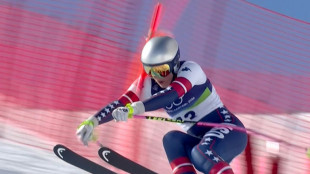
-
 Five employees of Canadian mining company confirmed dead in Mexico
Five employees of Canadian mining company confirmed dead in Mexico
-
US lawmakers reviewing unredacted Epstein files

-
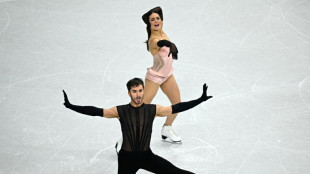 French take surprise lead over Americans in Olympic ice dancing
French take surprise lead over Americans in Olympic ice dancing
-
YouTube star MrBeast buys youth-focused banking app

-
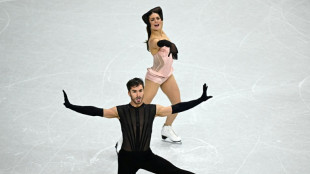 French take surprise led over Americans in Olympic ice dancing
French take surprise led over Americans in Olympic ice dancing
-
Lindsey Vonn says has 'complex tibia fracture' from Olympics crash
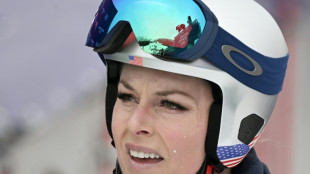
-
 US news anchor says 'hour of desperation' in search for missing mother
US news anchor says 'hour of desperation' in search for missing mother
-
Malen double lifts Roma level with Juventus

-
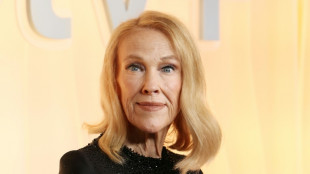 'Schitt's Creek' star Catherine O'Hara died of blood clot in lung: death certificate
'Schitt's Creek' star Catherine O'Hara died of blood clot in lung: death certificate
-
'Best day of my life': Raimund soars to German Olympic ski jump gold
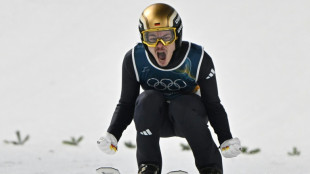
-
 US Justice Dept opens unredacted Epstein files to lawmakers
US Justice Dept opens unredacted Epstein files to lawmakers
-
Epstein taints European governments and royalty, US corporate elite
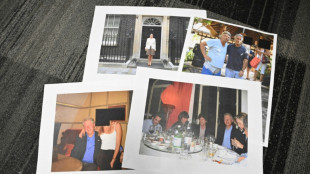
-
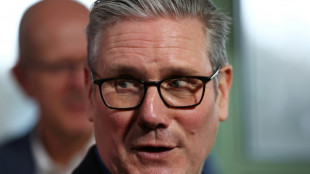 UK PM Starmer refuses to quit as pressure builds over Epstein
UK PM Starmer refuses to quit as pressure builds over Epstein
-
Three missing employees of Canadian miner found dead in Mexico

-
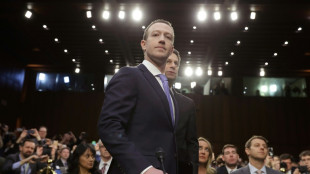 Meta, Google face jury in landmark US addiction trial
Meta, Google face jury in landmark US addiction trial
-
Winter Olympics organisers investigate reports of damaged medals
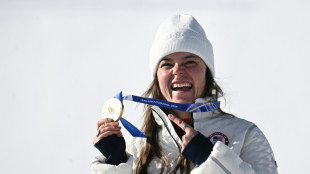
-
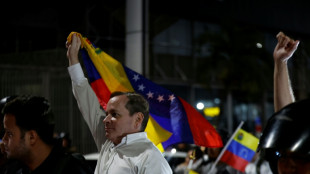 Venezuela opposition figure freed, then rearrested after calling for elections
Venezuela opposition figure freed, then rearrested after calling for elections
-
Japan's Murase clinches Olympic big air gold as Gasser is toppled

-
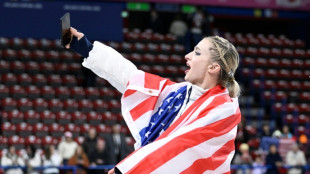 US athletes using Winter Olympics to express Trump criticism
US athletes using Winter Olympics to express Trump criticism
-
Japan's Murase clinches Olympic big air gold
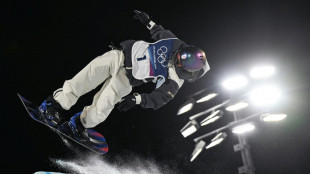
-
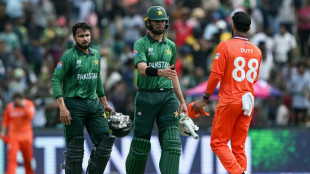 Pakistan to play India at T20 World Cup after boycott called off
Pakistan to play India at T20 World Cup after boycott called off
-
Emergency measures hobble Cuba as fuel supplies dwindle under US pressure

-
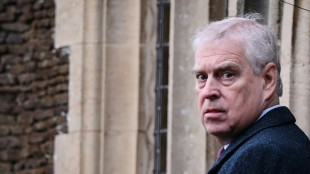 UK king voices 'concern' as police probe ex-prince Andrew over Epstein
UK king voices 'concern' as police probe ex-prince Andrew over Epstein
-
Spanish NGO says govt flouting own Franco memory law
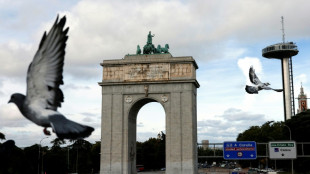
-
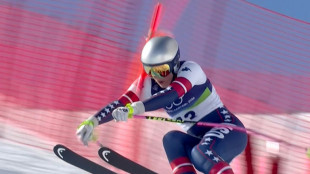 What next for Vonn after painful end to Olympic dream?
What next for Vonn after painful end to Olympic dream?
-
Main trial begins in landmark US addiction case against Meta, YouTube
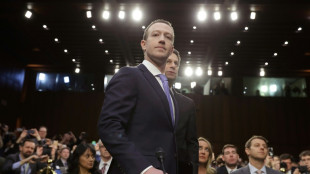
-
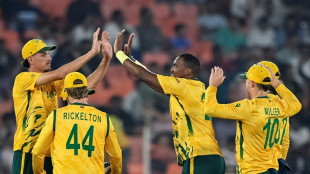 South Africa open T20 World Cup campaign with Canada thrashing
South Africa open T20 World Cup campaign with Canada thrashing
-
Epstein accomplice Maxwell seeks Trump clemency before testimony
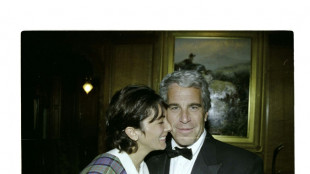
-
 Discord adopts facial recognition in child safety crackdown
Discord adopts facial recognition in child safety crackdown
-
Some striking NY nurses reach deal with employers

-
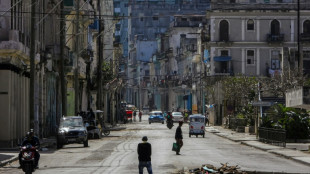 Emergency measures kick in as Cuban fuel supplies dwindle under US pressure
Emergency measures kick in as Cuban fuel supplies dwindle under US pressure
-
EU chief backs Made-in-Europe push for 'strategic' sectors
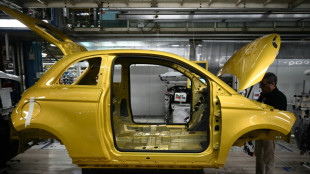
-
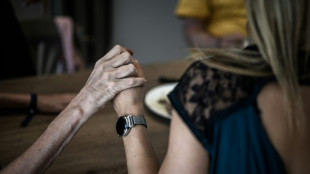 Brain training reduces dementia risk, study says
Brain training reduces dementia risk, study says
-
Machado ally 'kidnapped' after calling for Venezuela elections
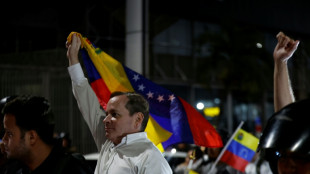
-
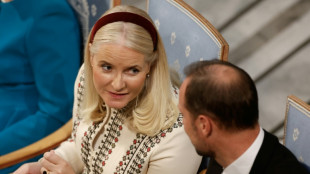 Epstein affair triggers crisis of trust in Norway
Epstein affair triggers crisis of trust in Norway
-
AI chatbots give bad health advice, research finds

-
 Iran steps up arrests while remaining positive on US talks
Iran steps up arrests while remaining positive on US talks
-
Frank issues rallying cry for 'desperate' Tottenham

-
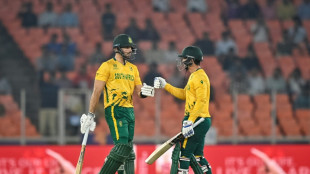 South Africa pile up 213-4 against Canada in T20 World Cup
South Africa pile up 213-4 against Canada in T20 World Cup
-
Brazil seeks to restore block of Rumble video app
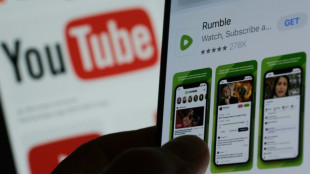

Online images reinforce gender stereotypes more than text: study
Images on the internet reinforce gender stereotypes -- such as doctors being men or nurses women -- more than text, contributing to a lasting bias against women, a US-based study said Wednesday.
The importance of images has soared as much of the world's media, communication and even social interactions have moved online.
But this rising dominance of the image "exacerbates gender bias" by significantly under-representing women, according to the study in the journal Nature.
Lead author Douglas Guilbeault, a researcher at the business school of the University of California, Berkeley, told AFP that this was an "alarming" trend.
He warned of "the potential consequences this can have on reinforcing stereotypes that are harmful, mostly to women, but also to men."
Study co-author Solene Delecourt, also from UC Berkeley, said an example would be if a child was trying to find out more about a profession online but only saw images of one gender.
"They may feel like they don't belong," she said.
Images are also "often more memorable and emotionally evocative than text," the study said.
- 'Really concerning' -
For the study, the researchers sifted through more than one million images from Google, Wikipedia and the IMDb film database, as well as billions of words on those platforms.
They looked for potential bias in nearly 3,000 social categories, including jobs such as doctor or lawyer, or roles such as neighbour or colleague.
Both over-represented men, but the images displayed even more gender bias than the words, the researchers found.
For example, the stereotype that women are nurses was "consistently stronger" in the images than the text, Guilbeault said.
This bias was not limited to the United States -- the researchers used many images from websites around the world -- nor was it confined to a particular platform.
The gender bias is also larger than what the general public broadly think, according to an opinion poll carried out by the researchers.
The team also used US census data to show that the under-representation of women for these jobs seen in online images does not match reality.
Finally, they looked into what psychological impact this bias has on people using the internet.
They had 450 people search online for specific jobs -- such as astronaut, poet or neurobiologist -- some reading text while others looked at images.
Afterwards, the participants carried out a test designed to measure their bias.
The group that looked up images had a more pronounced gender bias -- and the effect was still present during another test three days later, the researchers said.
"Images influence people in ways that they may not consciously realise," Guilbeault said.
He also lamented that there has been so little attention paid to "this shift towards image-based communication".
The researchers pointed to the role of online platforms in amplifying gender bias through their images, calling for more to be done.
They also warned that new image generators driven by artificial intelligence algorithms draw heavily on existing online images.
"It's not a surprise that the images these algorithms generate reflect all kinds of biases," Guilbeault said.
A.AbuSaada--SF-PST
